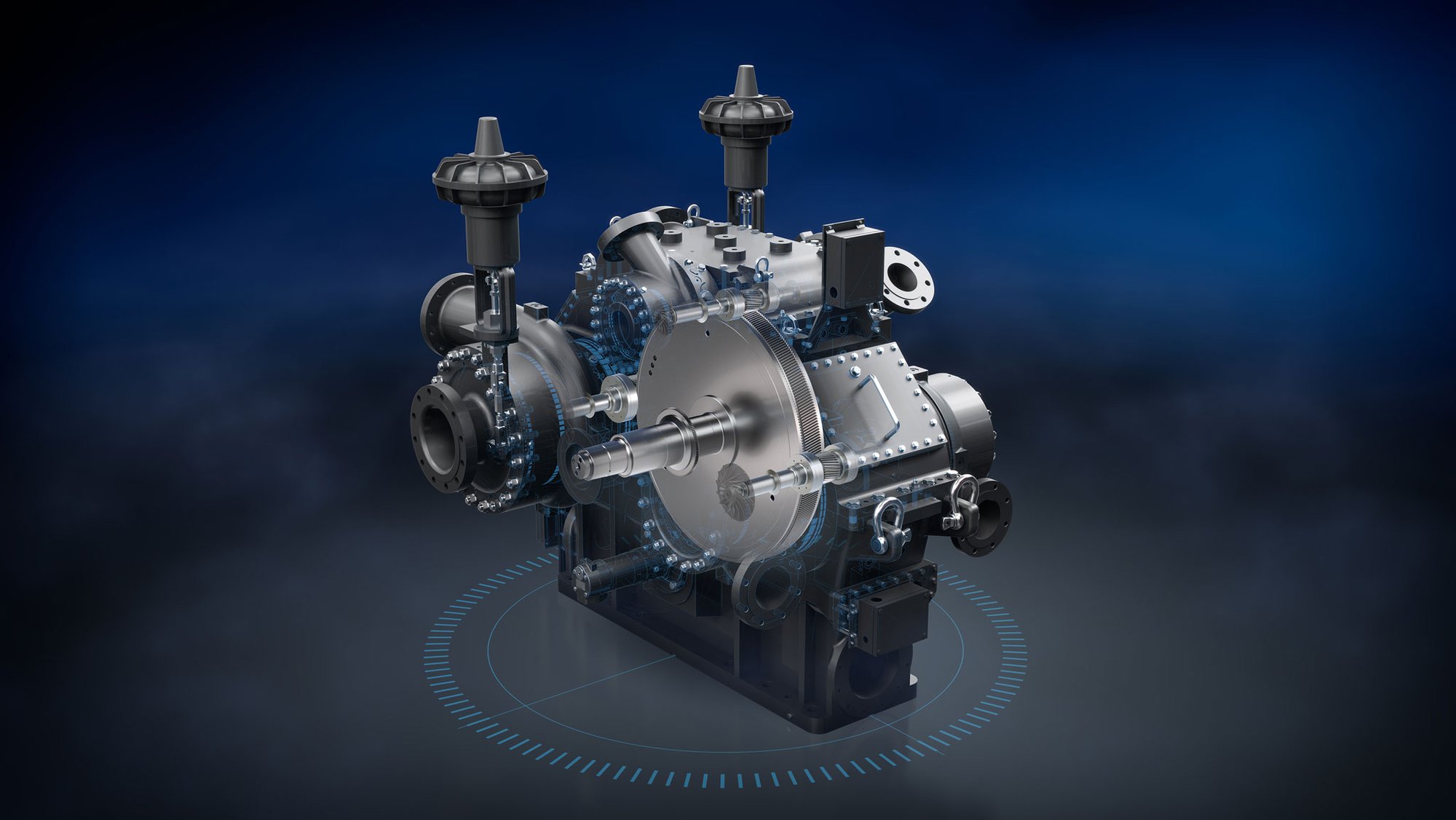Compressed air, big impact: What a compressor actually does
27 June, 2025
You’ve probably heard the word compressor thrown around in industrial settings, or maybe in the context of your air conditioning or car. But what is a compressor, really—and why do so many industries rely on them?
Let’s break it down and uncover the difference between two major players in the compressor world: rotary and centrifugal compressors.
So… What’s a compressor?
Think of a compressor like a super-strong lung. Its job is to take in gas—usually air—and squeeze it, increasing the pressure while shrinking the volume. That compressed air is then used to do all kinds of work: powering tools, cooling buildings, moving gas through pipelines… the list goes on.
Basically, if it hisses, spins, cools, or lifts—there’s a good chance a compressor is involved.
Where do you find compressors?
Everywhere. Seriously.
- factories: Running machinery and powering pneumatic tools. Compressors are used to produce clean air which is necessary to produce for example microchips through semi-conductors.
- Oil & Gas: Moving natural gas through pipelines
- HVAC systems: Helping your fridge or AC keep things chill
- Power plants: Supporting turbines and energy production
- Transport: In air brakes, turbochargers, and even airplane systems, reconvert gases released over time from LNG back into LNG, to power ships with gas engines for example.
Different jobs call for different kinds of compressors—and that's where things get interesting.
The compressor showdown: Rotary vs. Centrifugal
Not all compressors are created equal. Let’s meet our two main contenders:
Rotary Compressors – The Reliable Workhorse
These guys use rotating screws, vanes, or lobes to do the squeezing. They're tough, compact, and great at working steadily without fuss.
Why people love them:
- Quiet and compact
- Perfect for constant use
- Low maintenance = fewer headaches
- Ideal for medium pressure jobs (think factories or workshops)
🔧 Best used for: Day-in, day-out tasks where durability and reliability matter more than speed or scale.

Centrifugal compressors – The high-speed performer
Instead of squeezing gas between screws, centrifugal compressors spin it like crazy. A fast-moving impeller flings gas outward, building pressure as it slows in a diffuser.
Why they’re cool:
- High flow, high pressure = big power
- Excellent energy efficiency at large scales
- Often oil-free, which is great for cleanliness and maintenance
- Great for continuous operation in massive setups
🏭 Best used for: Large industrial plants, gas pipelines, chemical processing—basically, the big leagues.

Which one’s right for you?
Here’s a quick cheat sheet:
| You Need… | Go With… |
|---|---|
| Reliable pressure in a compact setup | Rotary compressor |
| High-speed airflow for massive systems | Centrifugal compressor |
| Lower upfront cost and easy upkeep | Rotary |
| Energy efficiency at scale | Centrifugal |
And what does IGW have to do with it?
Well, compressors don’t run on magic—they run on precision gears. And that’s where we come in.
At IGW, we craft top-quality gears that keep compressors running smoothly, quietly, and efficiently. Whether you're working with a rugged rotary system or a high-performance centrifugal setup, our gears are built to deliver power without compromise.
So the next time you hear the hiss of compressed air or the hum of a spinning machine, think of the gears making it all happen. That’s us.


